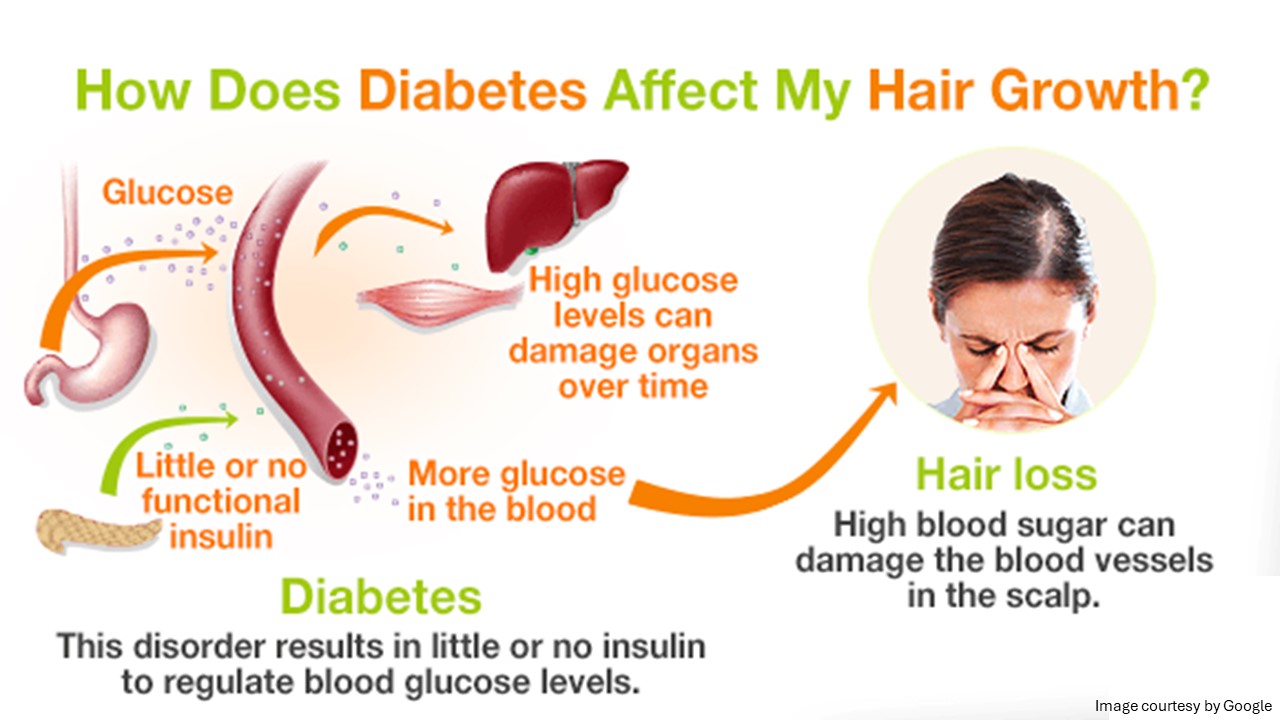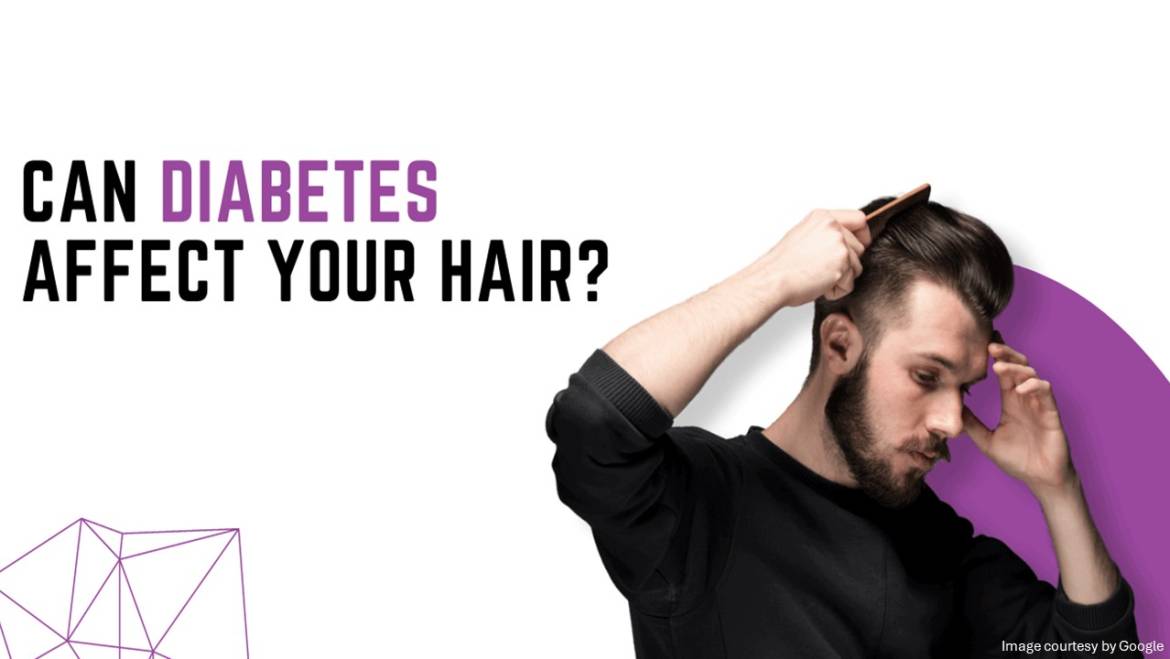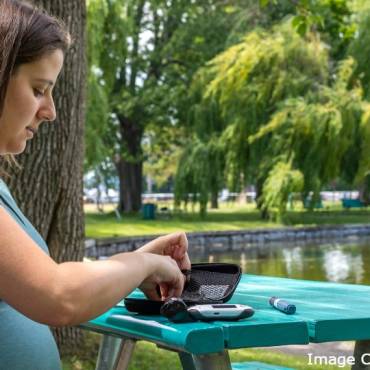People with diabetes are often warned of the side effects of diabetes that could potentially impact your vision, fingers, toes, and other body organs, but what about your hair? Yes, diabetes complications and hair loss, unfortunately, go hand in hand. Diabetes occurs when your body stops making insulin hormone, which moves the sugar from the food and flows to the bloodstream into your cells to be stored and used as energy. Diabetes can be one of the causes of hair loss. Hair loss in women is more visible than in men. If you are finding hair loss causes or considering hair fall treatment, it is advisable to diagnose your diabetes first before moving for any hair treatment for hair loss.
For those who are unaware of diabetes symptoms, thinning of hair is the initial symptom. It reacts to the metabolic and hormonal stress your body undergoes when the pancreas stops producing insulin. Insulin treatment also plays an important role in hair loss or thinning. Since stress levels increase, it slows down or even stops hair growth. Initial hair thinning is visible when new hair grows or replaces the dead hair. Once your body balances the insulin, it automatically normalizes the hair and its growth.
Diabetes slows down a patient’s recovery concerning the skin; if there is an infection or wound due to diabetes, it takes a lot of time to heal. If the skin of the scalp has any such effect, it will affect the hair growth.
Other causes of hair loss in women
The causes that impact hair loss in women include stress, hormones, thyroid disease, nutrient deficiencies, pregnancy, birth control pills, specific illnesses, weight loss, scalp infection, and more. Female hair loss treatment or hair thinning treatment varies from person to person based on hair texture and condition, so consulting a dermatologist is important.
Diabetes medication and hair thinning
Is hair loss from diabetes revocable? To some extent, yes, it is. This is only possible if the patient takes care of a few things, like managing the blood sugar level, avoiding stress, taking proper medication, following a balanced diet, and regularly walking or exercising. Hair growth treatment is advisable when your diabetes management may not get as much attention as needed temporarily because of some personal or professional reasons.
Blood sugar and hair growth can both be managed with these tips:
-
- A healthy diet can do wonders in our lives. To stop or slow down hair loss, one must take a healthy diet full of fruits and green vegetables to help control the blood sugar level.
- Hair oil keeps the scalp moist. Try using emu oil as a hair treatment, as it can effectively heal and rejuvenate the scalp. Emu oil is a super conditioner; it’s believed to stimulate follicles and encourage hair growth.
- Avoid using heavy chemicals or harsh shampoos. Use a gentle shampoo and mild conditioner on the hair.
- Let hair dry naturally; avoid using a dryer, straightened, perms, or roller hair.
- If there is too much visible hair loss, a wig can cover the baldness. And can easily be removed.

- One can use jojoba oil. Jojoba oil can do miracles for your thin hair. If you want a natural and healthy scalp, try jojoba oil.
- Biotin can help in reducing hair loss. It is a vitamin in almonds, sweet potatoes, peanuts, and eggs. People with diabetes may have lower-than-normal levels of biotin.
- Lifestyle is an essential element for a healthy body. Doing exercise, walking, taking proper medication, and eating a healthy diet can do a lot to the body and save you from critical diabetes and hair loss issues.
Diabetes and hair loss generally occur together. But now when you know there are natural remedies as a cure that can help re-growing hair and even benefit diabetes. Using jojoba oil, emu oil, and a healthy diet, adding nuts and eggs, and taking medication can control your blood sugar level, thereby reversing or slowing down the effect of hair loss. Visit a dermatologist if you are still unsure about hair loss treatment.



